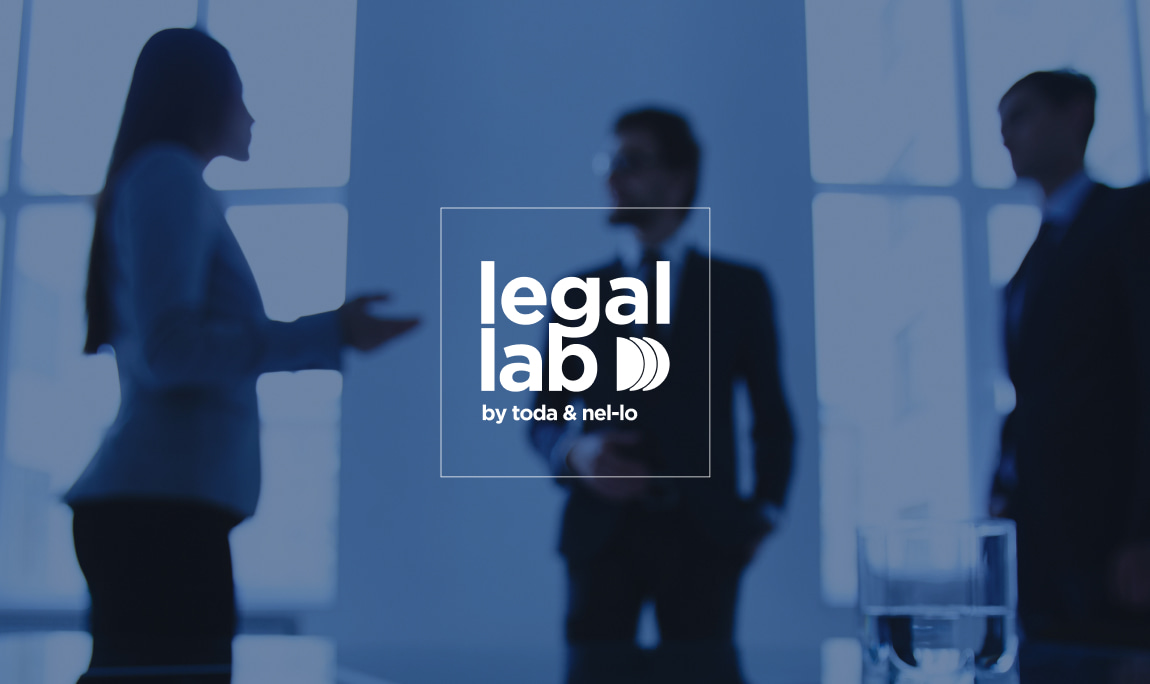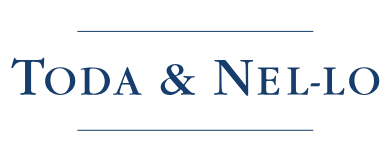In the digital era, to remain in the silo mentality is to swim against the tide and end up, with a high probability, perishing. The characteristics of the digital era make it essential for any company, small, medium or large, to seek external sources of innovation. But whatever the collaboration model chosen, from early adoption of an innovative technology solution as a customer, to making equity investments in start-ups, it is key to incorporate best practices to overcome, among others, the legal challenges that underlie potential collaboration.
legal lab is a specific Toda & Nel-lo initiative aimed at providing its clients with expert and comprehensive legal advice in the design and implementation of their business collaboration models.





